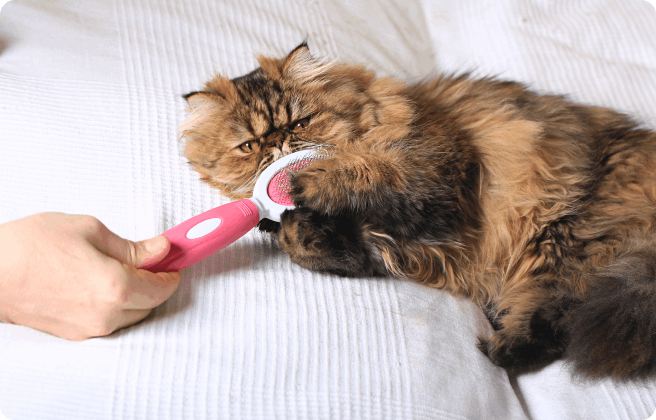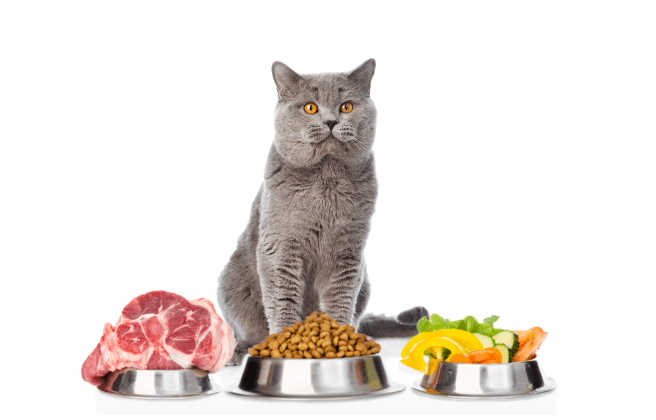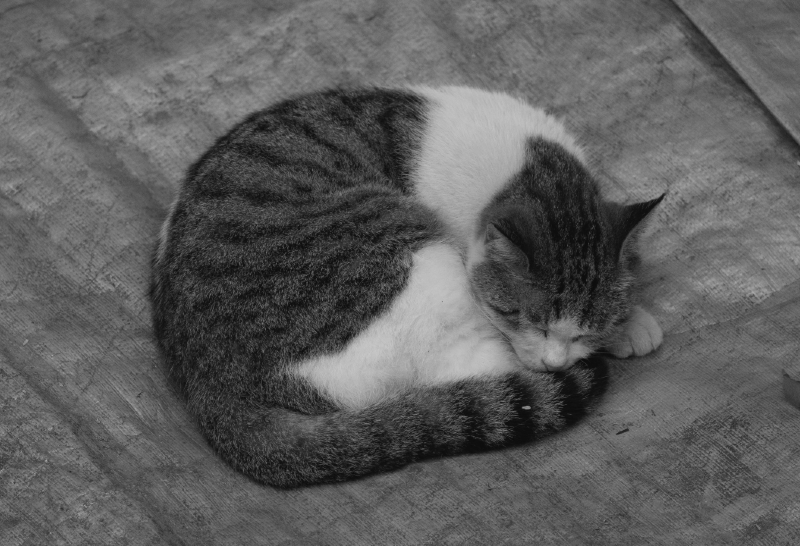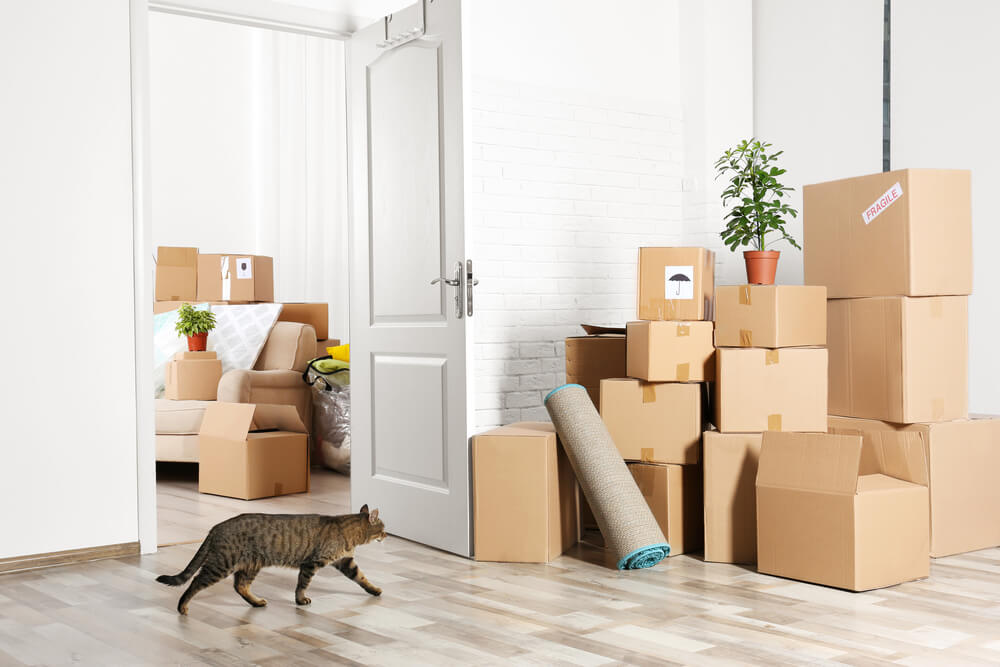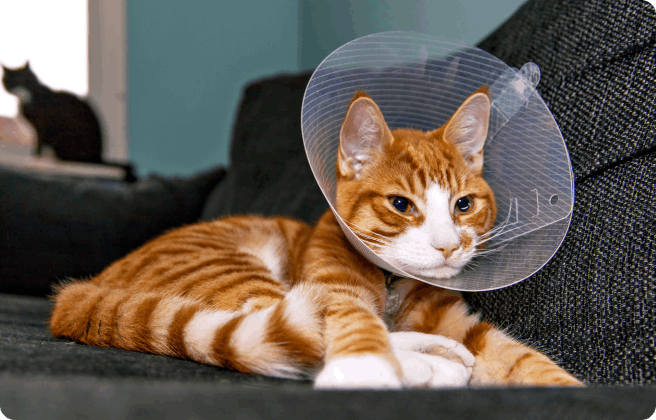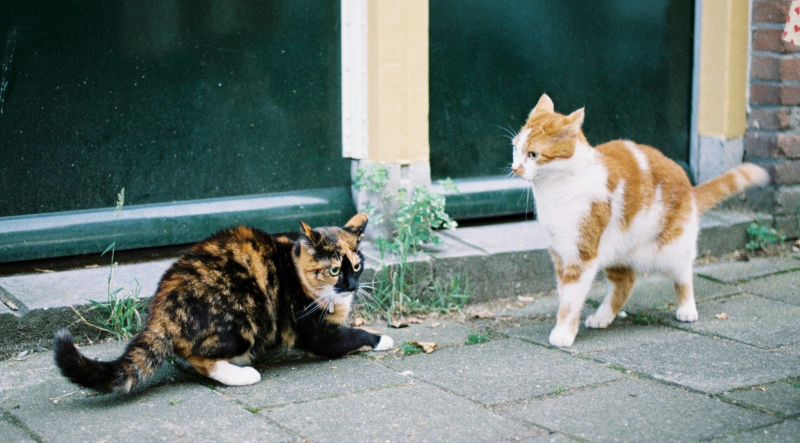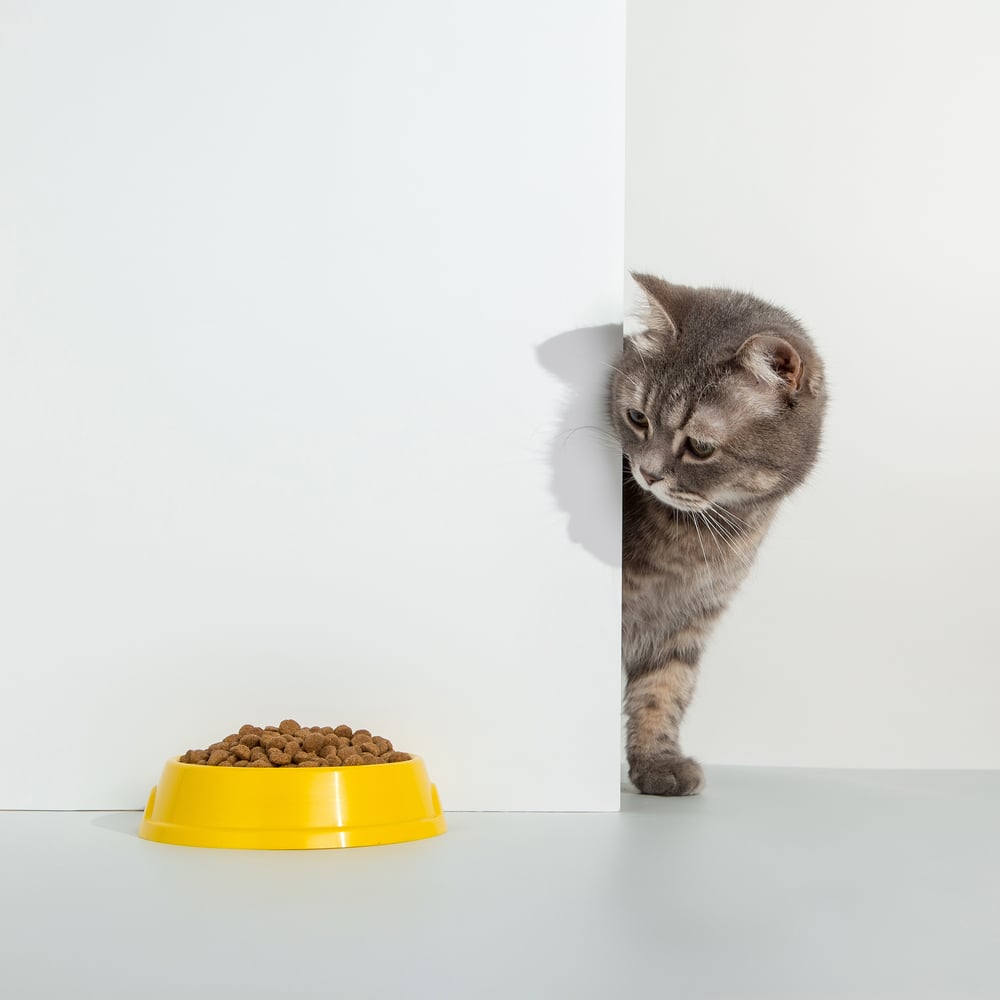
Usually, your cat will happily chow down their breakfast and dinner with relish while you get on with your day.
However, if your cat begins to leave their food, or has problems eating what you provide, it can rapidly become a stressful situation — both for you and your furry companion.
You may end up feeling like you’ve tried everything yet still nothing is working in terms of helping your cat re-discover its appetite and enjoy a delicious, hearty meal.
There may be a number of explanations as to why your cat is leaving its food, from simply deciding they no longer like where their food bowl is located to more serious reasons, such as sickness or disease.
So if your cat has begun to leave their food untouched, here are ways to encourage them to wolf down dinner, or if it’s more serious, we offer advice on how long cats can go without eating before you should seek veterinary help.
How to get your cat to eat
Move the bowl to a different location
Sometimes, something such as a loud noise or an item falling off the counter might scare your cat while they’re enjoying their favorite meal. Some cats then associate that space with the noise or event that startled them, and so become afraid to eat in that specific location in case it happens again.
A simple change of bowl location can often easily remedy this problem.
Try a different food bowl
Another reason why your cat might not be eating could be down to the bowl itself.
Plastic bowls can often contain bacteria in cracks and scratches, or strong smells that can put cats off their food. If you think this might be the case, try switching to a ceramic, glass, or stainless-steel version.
Sometimes, you might even need to try a bigger bowl or a flat plate. This is because your cat may be experiencing super-sensitive whiskers that become painful when rubbing on a small bowl while eating, meaning they won’t eat all the food, especially the bits around the edges.
Use snack dispenser toys
As cats don’t naturally eat big meals in the wild, preferring to snack continually throughout the day, it might be worth trying a toy or puzzle that dispenses snacks when your clever cat moves it. This not only solves the eating issue, but also stimulates their grey matter. After all, they are (exceedingly intelligent) hunters by nature.
Don’t feed them big meals
Regularly providing your cat with smaller meals may be preferable for your furry companion, rather than giving them one big meal they then leave in the morning. It also means that the food doesn’t sit out and gradually becomes unappetizing to your furry friend.
Try new food
Whether it’s boredom or distaste, sometimes cats simply refuse to eat a type or brand of food they’ve been happily munching on for months. If that’s the case, it’s worth trying a few different types of food — whether it’s wet food, kibble or raw meat, or home-cooked chicken or fish, introducing small portions of a fresh food can sometimes get your cat eating again. Take inspiration from our list of the Best Cat Foods for Picky Eaters.
What if my cat does not eat for a longer period of time?
How long can a cat go without eating?
Cats should not go longer than 24 hours without eating anything, even though they technically could survive anything up to 7-14 days without food if they are drinking water.
A cat not showing interest in food could be down to a number of reasons, from a sickness bug that resolves within 24-48 hours, to something more serious, such as the liver condition hepatic lipidosis.
The first step if you’re worried that your cat isn’t eating — and especially if they’re showing other signs of illness such as vomiting, diarrhea, or severe lethargy — is to book an appointment with your vet.
The lack of appetite could be due to medical issues, including dental pain, a digestive obstruction, a parasite, medication, or even stress. Whatever the root cause, picking it up early and informing your vet will mean the problem can be investigated and diagnosed early.
How long can cats go without water?
Cats can only last a few days without water — two to three days at the most. If you have tried offering them fresh water in a different bowl, the next step is to contact your vet for advice, as it could be a sign of a more serious underlying issue.
We uphold the highest editorial standards when creating the authoritative content pet parents rely on and trust.
Every piece of clinical content on the Cat Food Advisor is reviewed by our certified Veterinary Advisory Board, which consists of licensed veterinarians and medically certified specialists.
Our reviews are completely independent; we are not paid by any pet food company to promote their products favorably. We do not accept money, gifts, samples or other incentives in exchange for special consideration. For more information see our Disclaimer & Disclosure page.




